'The king and queen of rewilding's new head gardener : 'It could be quite challenging — everybody loves a lawn'
The new head gardener at Knepp in West Sussex talks to Flora Watkins about a different direction for the rewilding pioneers — and why gardeners need to unclench. Photograph by Philip Sowels.
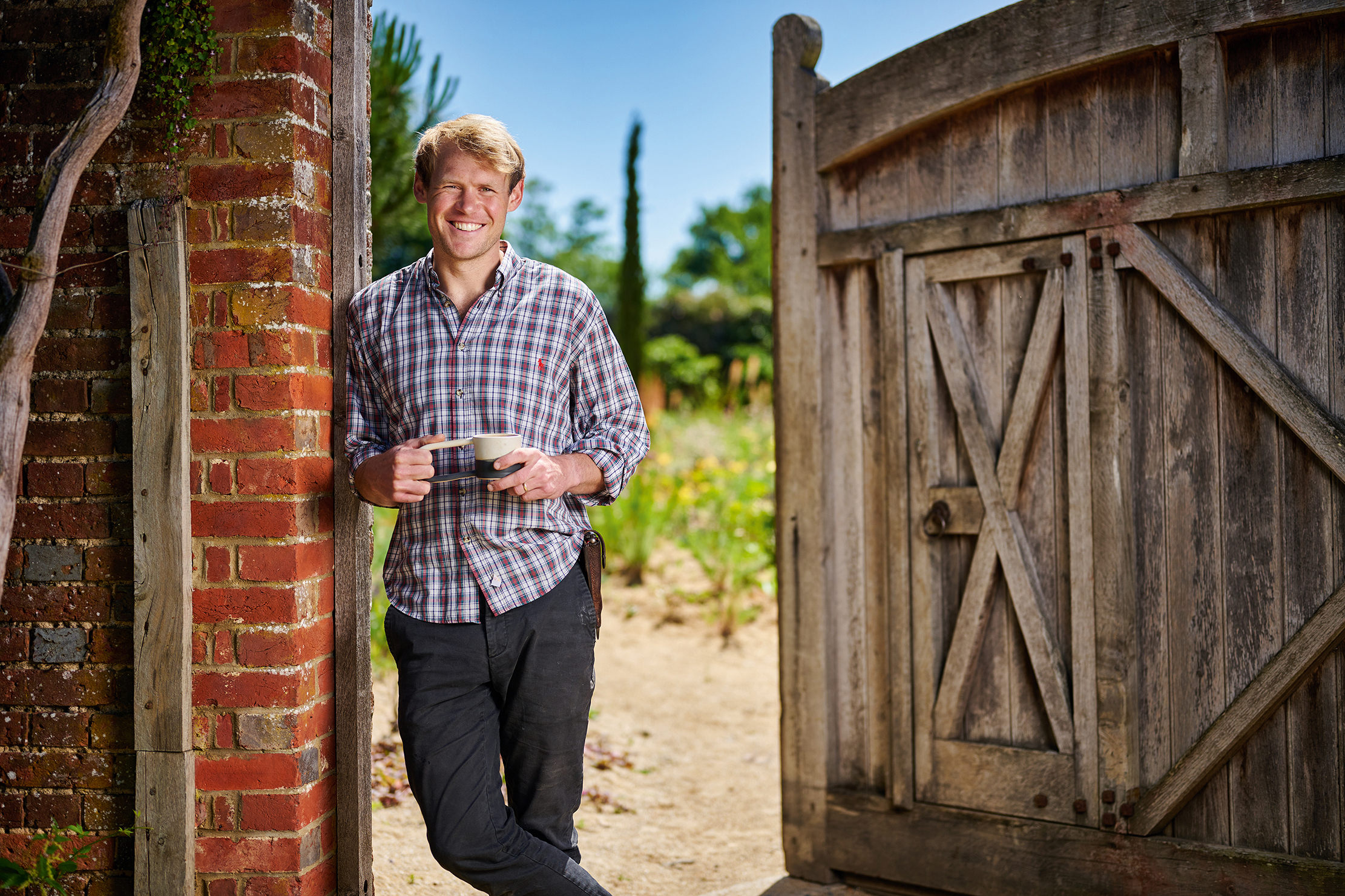

Charlie Harpur’s arrival at Knepp Castle comes at an interesting juncture for the West Sussex estate. A few days before we are due to talk, his new bosses, Isabella Tree and Sir Charles Burrell — often dubbed ‘the king and queen of rewilding’ — announce that they’re returning, after a fashion, to farming. Some 370 acres, previously tenanted to a sheep farmer, are being brought back into the fold and will become the Knepp estate regenerative farm.
Mr Harpur is key to this vision, by setting up a market garden that will supply vegetables for a local box scheme, farm shop and café, due to open next year.
What has made headlines is the Burrells’ admission that, had they always farmed regeneratively — rather than intensively — they may not have accumulated the debt that pushed them into rewilding back in 2000.
‘It’s just a different way of managing the land,’ stresses Mr Harpur, when I ask him if this admission undermines the whole rewilding experiment. ‘No one is saying that everything has to be a rewilding project. There’s no silver bullet. We’ve got to be able to feed a growing population, restore biodiversity and use the land sustainably.’
This approach to growing food, which makes space for Nature, as practised by Jake Fiennes at Holkham, is about ‘regenerating the soil’, explains Mr Harpur. In practical terms, that means ‘minimal tillage — part of the market garden is completely no-dig — and growing lots of different vegetables in a way that’s kind to the soil’. The beds have been made with Knepp’s own compost, incorporating manure from the cows.
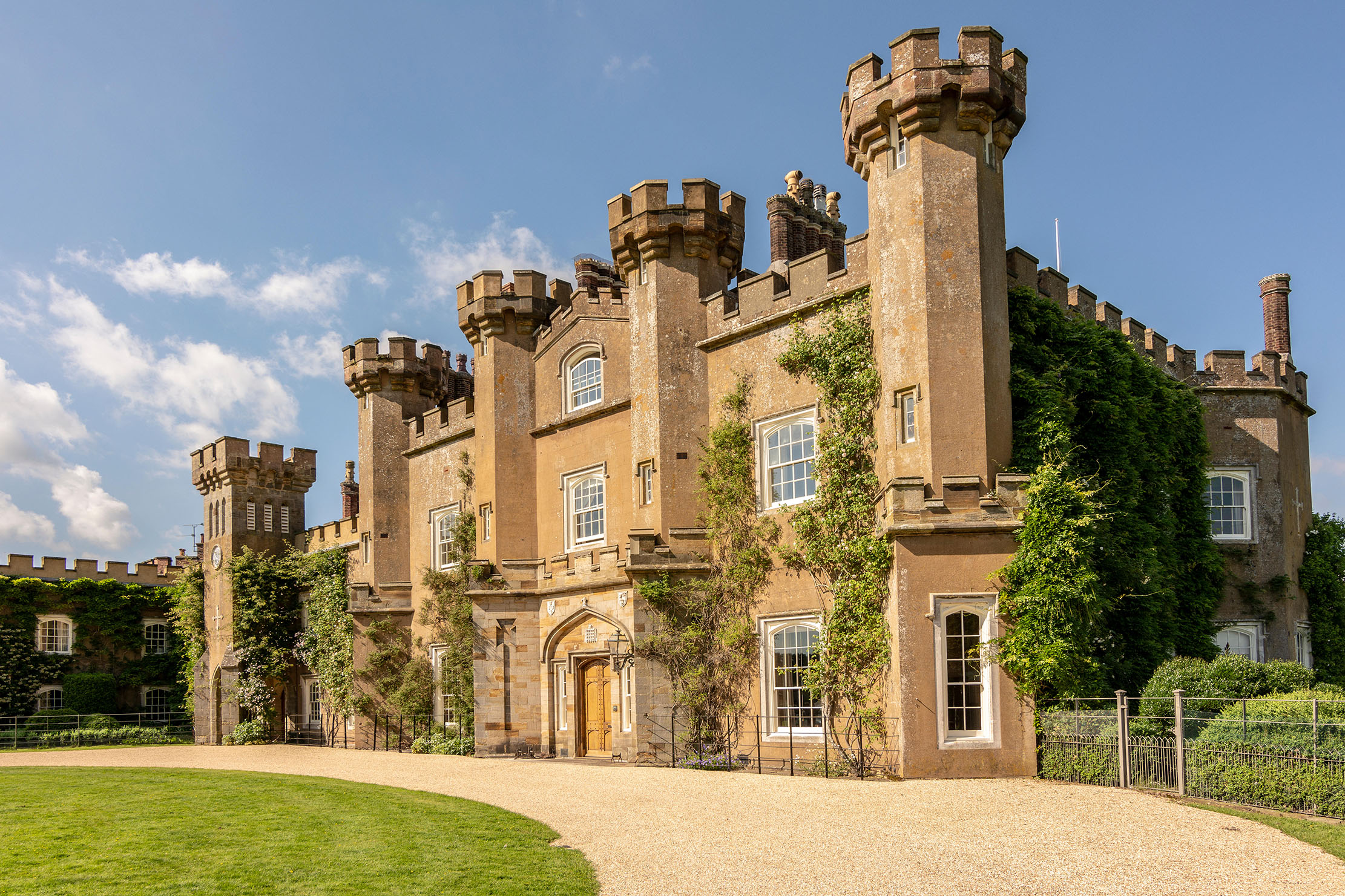
Although it’s ‘early days’ for the market garden, on land that was grazed by horses until January of this year, the veg-box scheme has just launched and the new café and farm shop are set to open in the spring 2023.
All this, however, is only part of Mr Harpur’s job. He is also tasked with overseeing the rewilding of the 1½-acre Victorian walled garden at Knepp, along the pure rewilding principles of the wider estate. The design of the walled garden was masterminded by landscape architect Tom Stuart-Smith, for whom Mr Harpur used to work, before going to train at Kew. He focused on ecology there; Miss Tree’s respected and influential book, Wilding came out when he was working on his dissertation. As a result, Knepp was very much ‘on my radar’ and, when the garden project came up, he ‘reached out’ to the Burrells.
Sign up for the Country Life Newsletter
Exquisite houses, the beauty of Nature, and how to get the most from your life, straight to your inbox.
Previously a croquet lawn surrounded by lavender, the walled garden was, ‘ecologically speaking, similar to arable fields before rewilding — Charlie and Issy thought it didn’t really fit within the Knepp way’.
Now, stresses Mr Harpur, it’s about gardening with ‘a completely different philosophy’. One of the main lessons learnt from rewilding is that ‘disturbances with the landscape make it more complex’, in terms of the species it attracts. On the estate, this ‘disturbance’ is provided by free-roaming herds of cattle, pigs and deer. Will they be releasing wild boar into the walled garden?
‘Instead, we’ve interpreted it that we, as humans, are the keystone species,’ Mr Harpur says. Does this mean, then, that he’s the equivalent of one of Knepp’s famous Tamworth pigs rooting around? ‘Well, yes!’ he laughs.
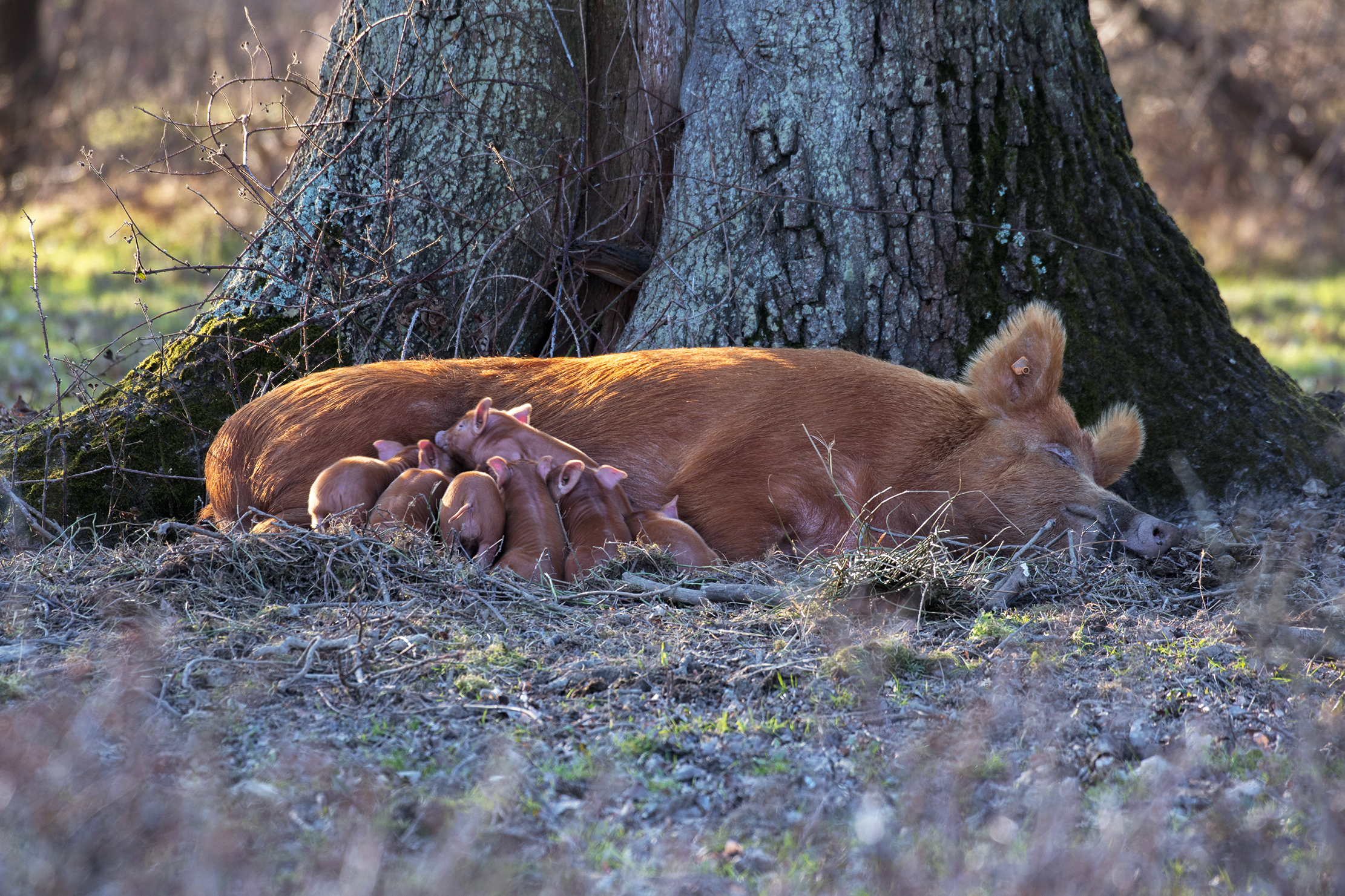
Assisted by deputies Moy and Suzi, Mr Harpur has dug out the middle of the walled garden, ‘dumping it on the sides, making lumps and bumps to get this undulating landscape with sheltered and exposed parts’. Crushed concrete from a farm building, which would otherwise have gone to landfill, was used to create conditions ‘akin to a Mediterranean hillside’. The result is a ‘more complex ecosystem’ that has gone from 150 types of plant to more than 900, ranging from moist meadow plants, such as irises and filipendula meadowsweet, to drought-tolerant herbs, including sea kale, planted into the paths.
Everyone, Mr Harpur believes, can improve biodiversity in their garden. It’s a case of ‘getting as much variety into the space as possible’, whether on a bigger scale or that of ‘my old roof garden in Camden’.
There’s great interest in Mr Harpur’s work on garden rewilding: more dates are to be released for his tours at Knepp and he dashes off from our interview in order to prepare for a talk at RHS Wisley. He’s keen to get people thinking about their gardens with a ‘slightly different mindset... rather than quite uptight and manicured’.
But although some gardeners are abandoning their rollers in favour of initiatives such as No Mow May and wildflower turf, Mr Harpur admits that gaining acceptance for some of his ideas might be an uphill (no pun intended) struggle.
‘We know flat landscapes are not natural,’ he muses, ‘so why not let molehills form, anthills, lumps and bumps to create that complexity?’
There’s an awkward silence as I think about the mole catcher’s recent visit.
‘It could be quite challenging,’ he says, ruefully. ‘Everyone loves a lawn.’
For garden tours and Rewilding Your Garden safaris at Knepp Castle, West Sussex, visit www.knepp.co.uk
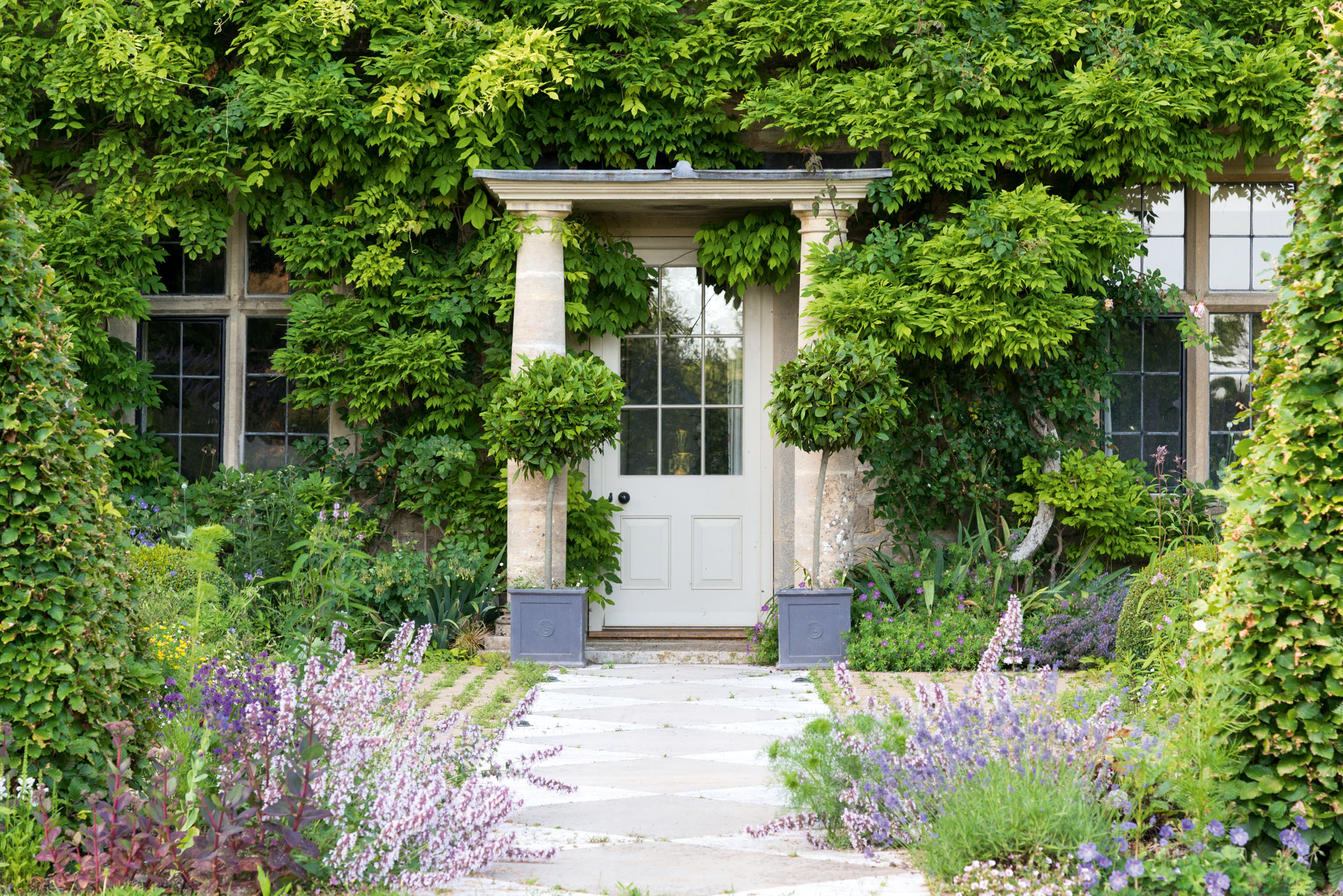
The gardens at Ready Token, Gloucestershire: The new, gentler blueprint for rewilding that's yielding spectacular results
Retaining the Arts-and-Crafts elements of a 1920s garden, the owners have added a sympathetic new terrace, as well as returning
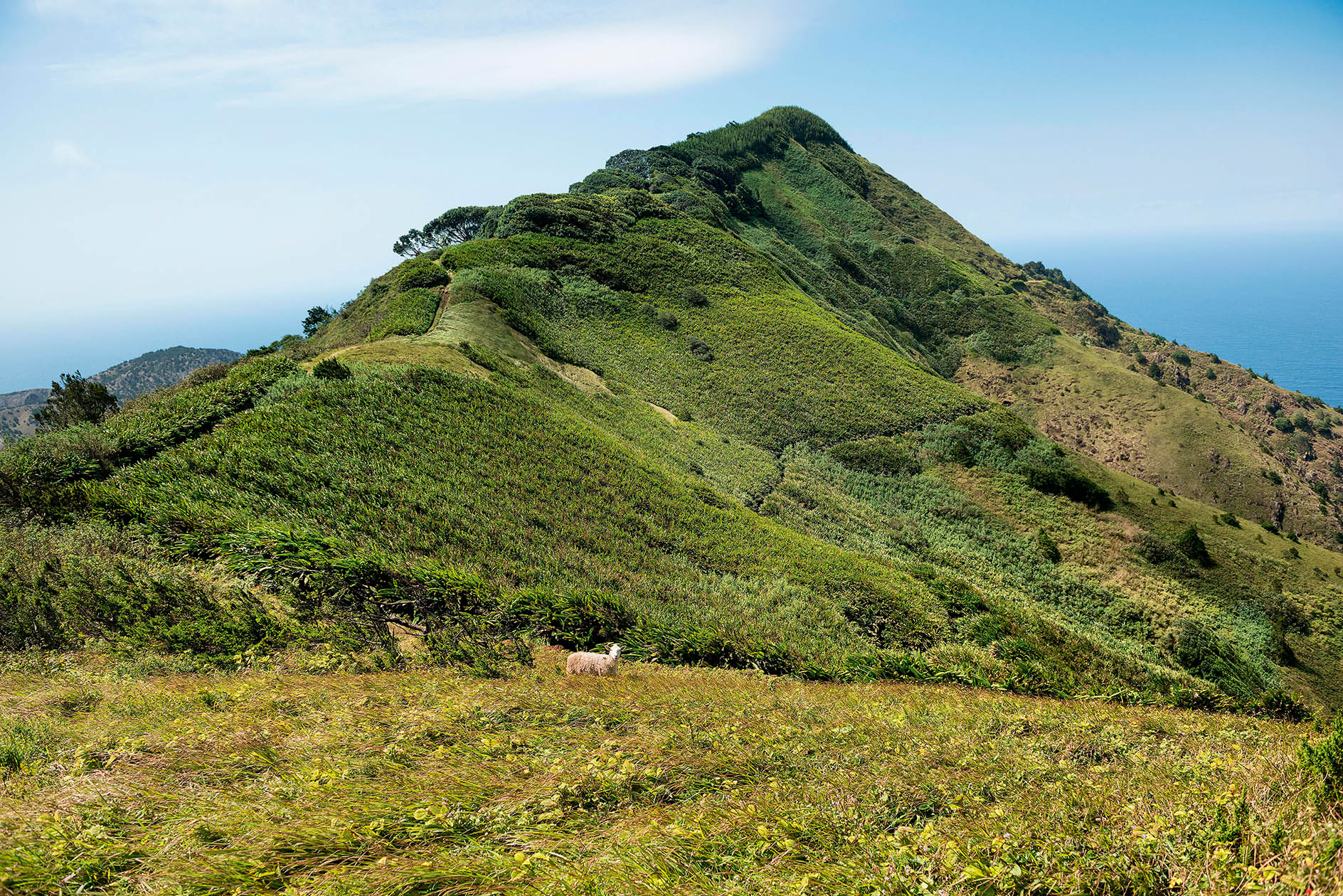
Charles Quest-Ritson: All gardening is habitat destruction, but gardens have a purpose — and rewilding is an absurd fantasy
The 19th century's hugely successful cultivation of plants on the once-barren Ascension Island has lessons for us today, says Charles
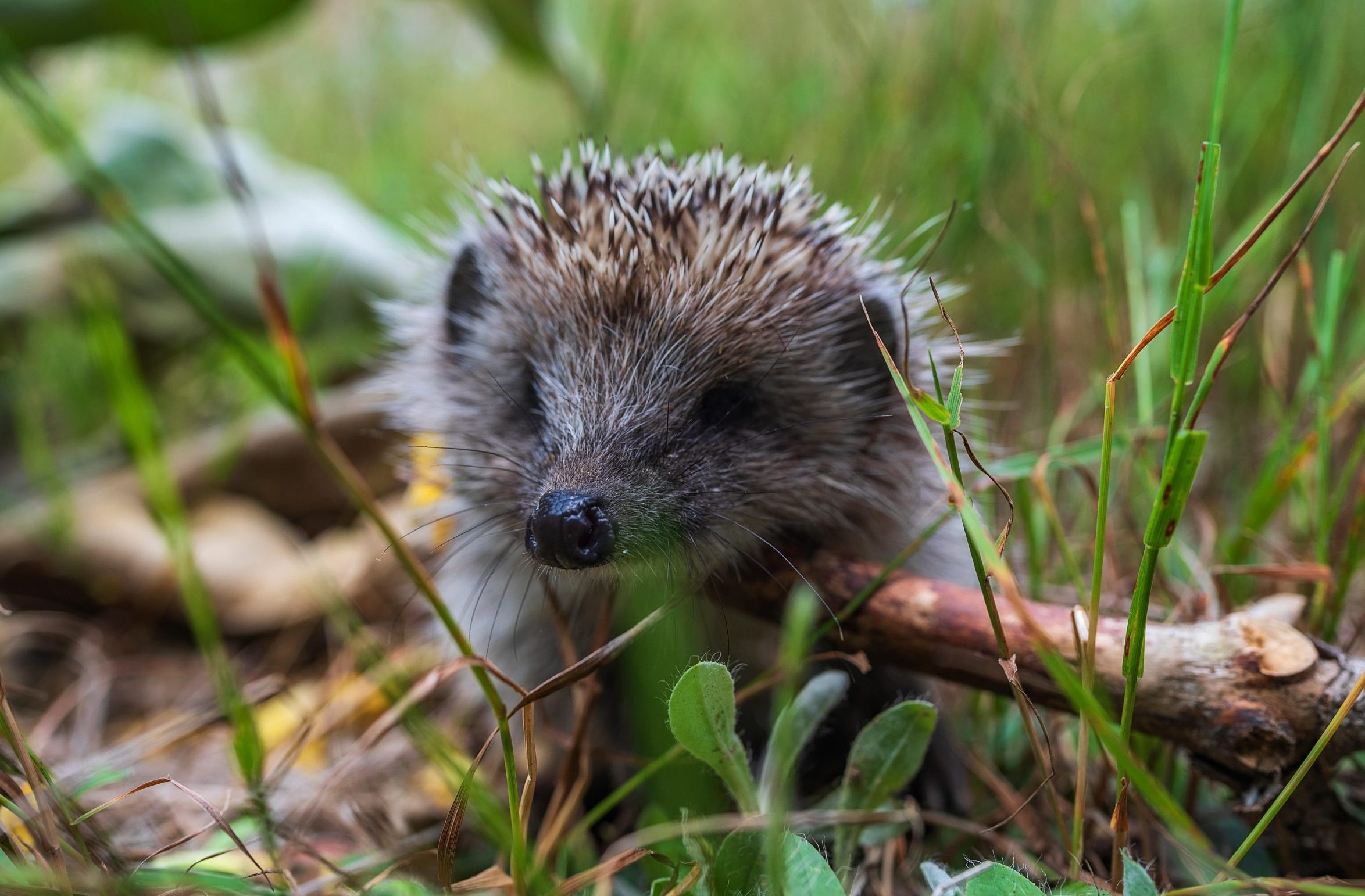
How to re-wild your garden, from ponds and trees to attracting butterflies and hedgehogs
Joel Aston — one half of the 'butterfly brothers', along with his sibling Jim — explains how rewilding gardens to attract
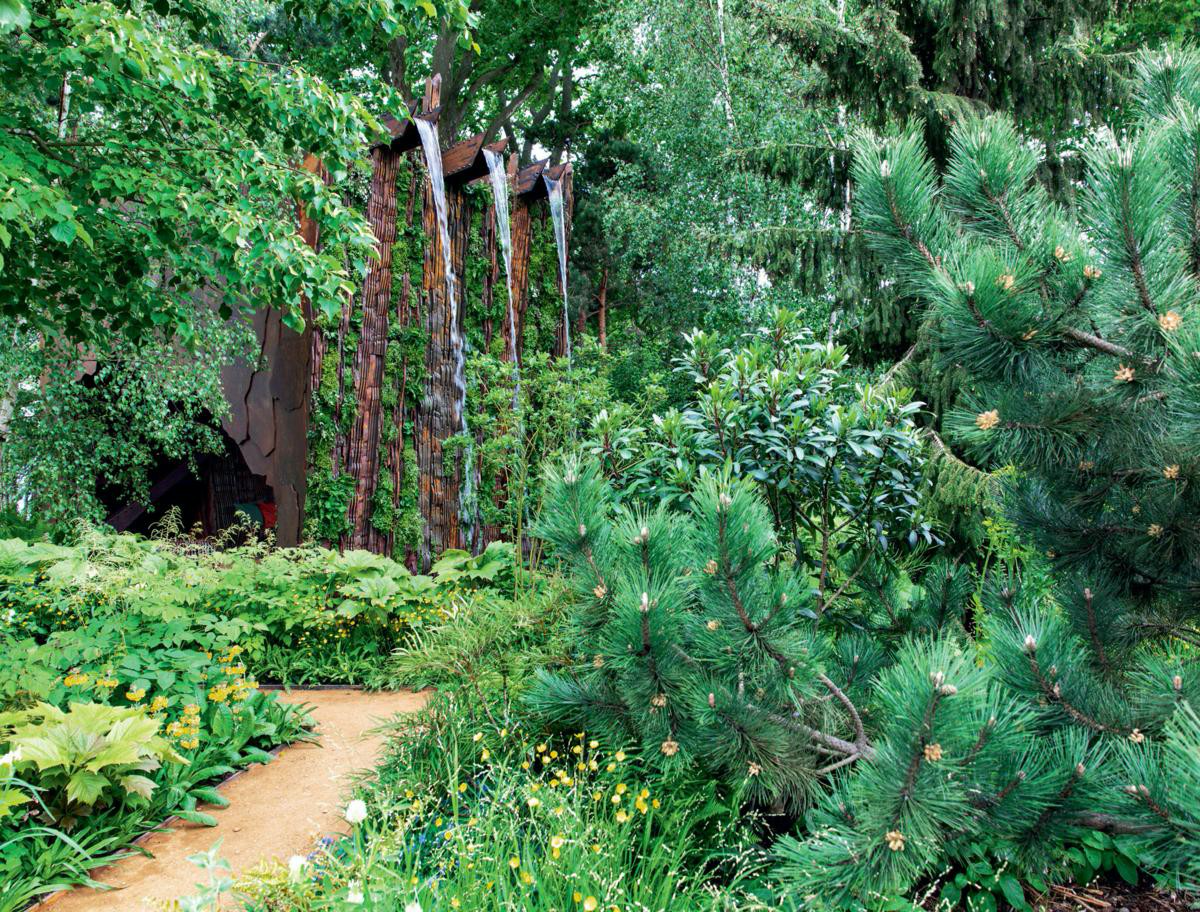
Charles Quest-Ritson: The dismal mistake made by the RHS's judges with the 'best in show' award at Chelsea
'A jumble of rewilding and beaver dams' won the 2022 RHS Chelsea Flower Show best in show, and Charles despairs
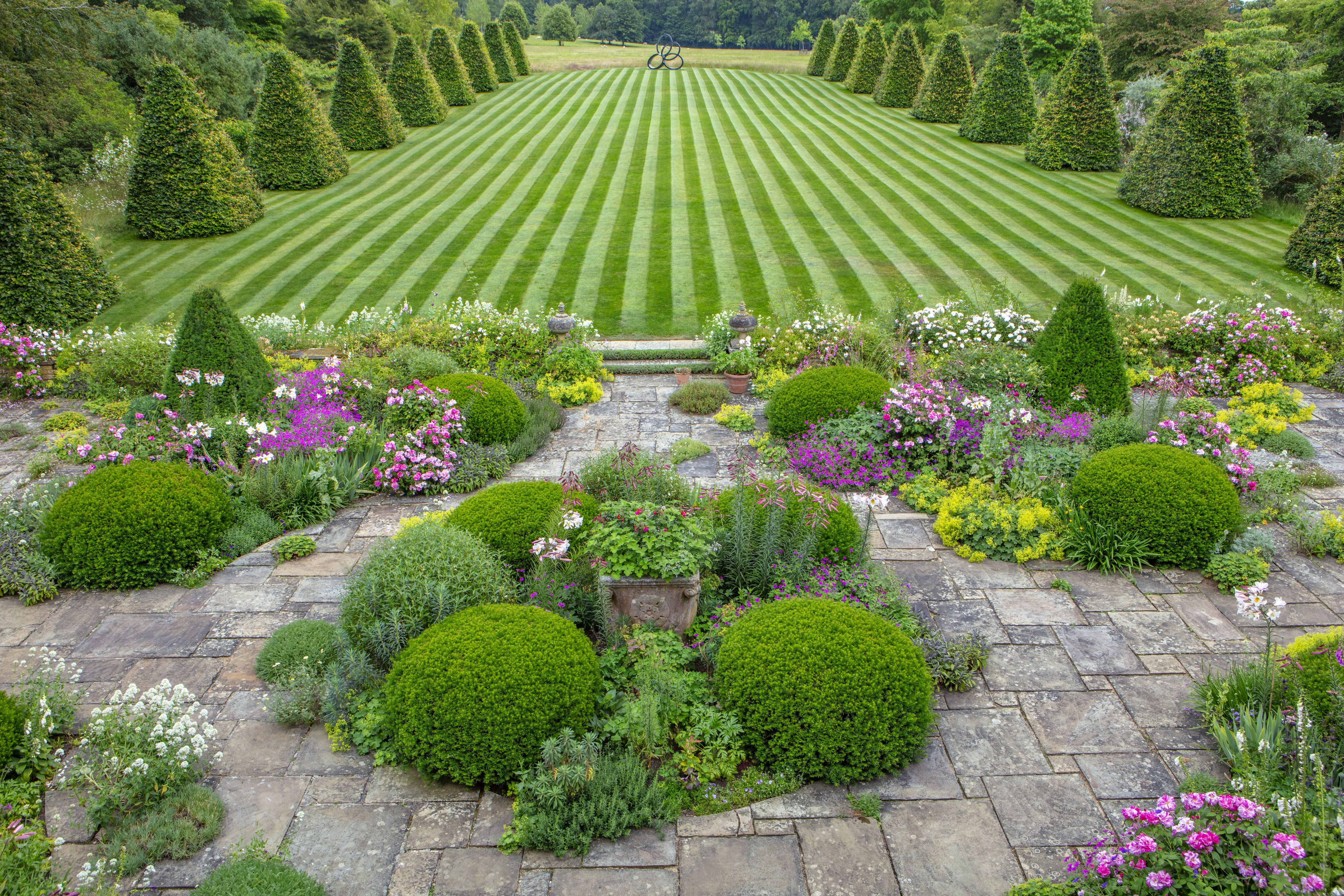
Credit: Clive Nichols
Charles Quest-Ritson: 'Our beautiful lawns are the envy of the world... and the idea of rewilding your garden is nonsense'
The neat stripes of British gardens, such as Rockcliffe Garden in Gloucestershire, are an art form that is admired across
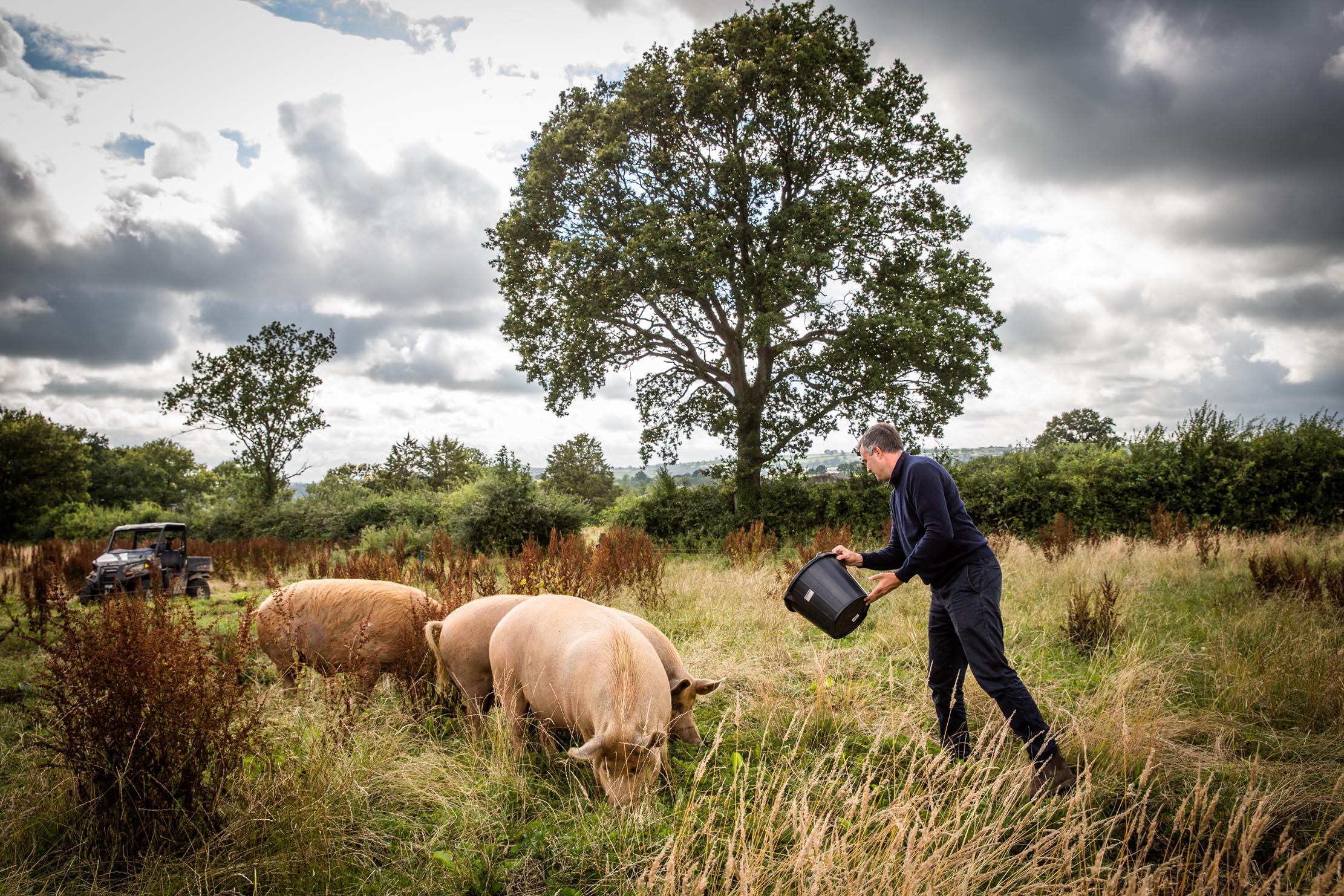
Ben Goldsmith: 'Families who have worked the same land for generations are best placed to breathe life back into our landscapes'
Wilder farming is as close to a silver bullet for the future management of our marginal lands as we’ll find
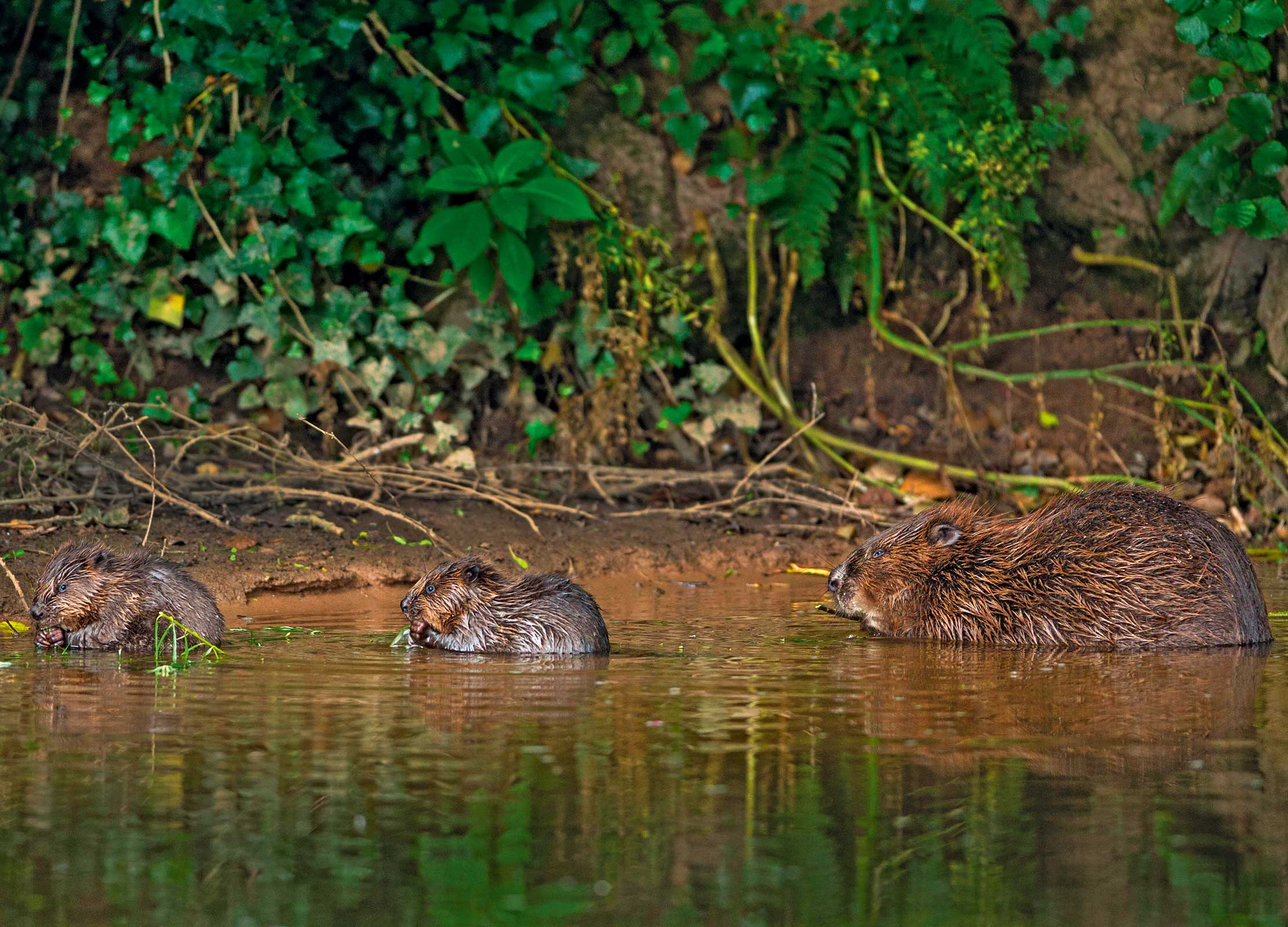
The return of beavers to Britain: Will it work, and who will be the winners and losers?
Beavers are set to be reintroduced to England, four centuries after being killed off in the country — but will
-
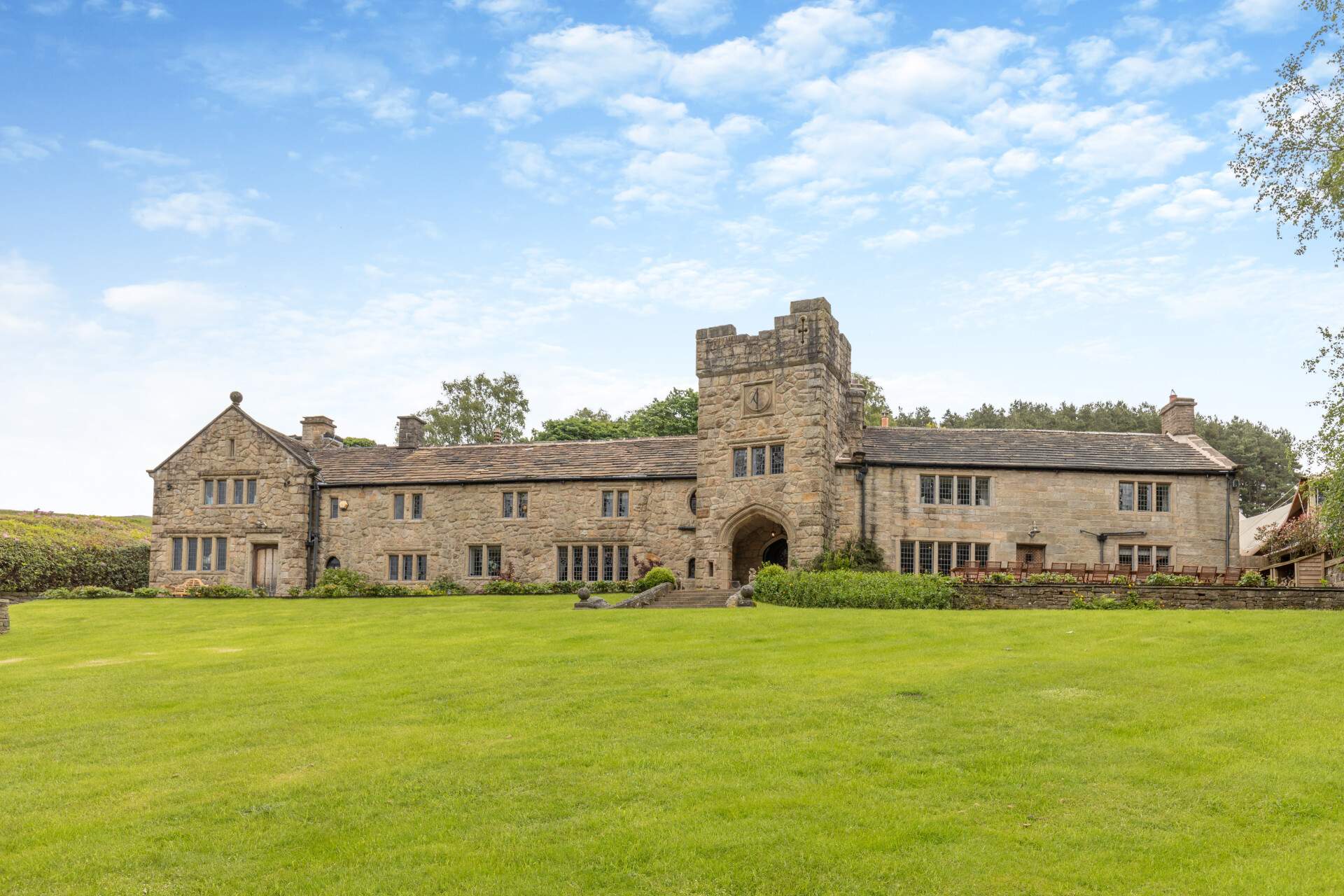 Some of the finest landscapes in the North of England with a 12-bedroom home attached
Some of the finest landscapes in the North of England with a 12-bedroom home attachedUpper House in Derbyshire shows why the Kinder landscape was worth fighting for.
By James Fisher
-
 The Great Gatsby, pugs and the Mitford sisters: Country Life Quiz of the Day, April 16, 2025
The Great Gatsby, pugs and the Mitford sisters: Country Life Quiz of the Day, April 16, 2025Wednesday's quiz tests your knowledge on literature, National Parks and weird body parts.
By Rosie Paterson